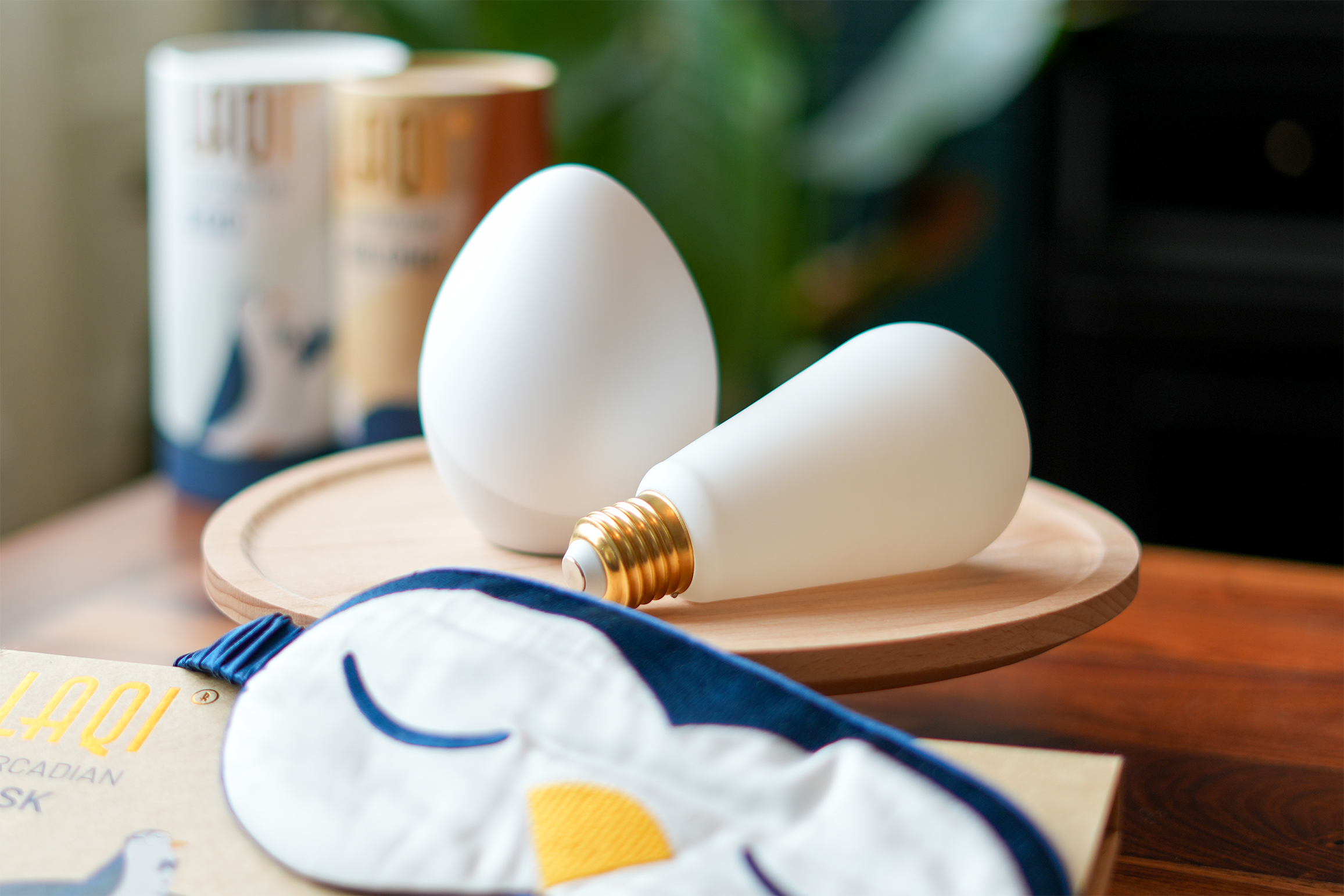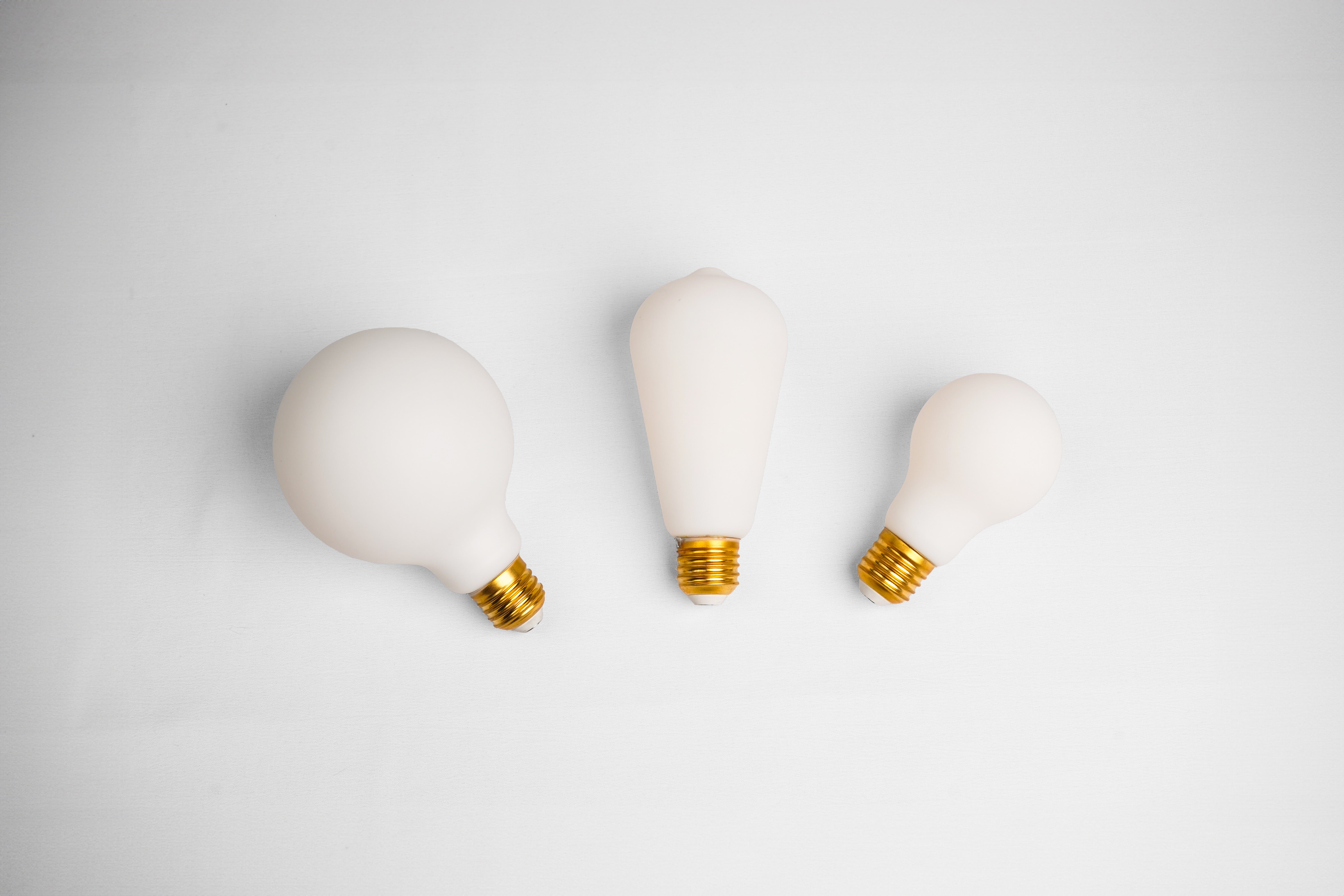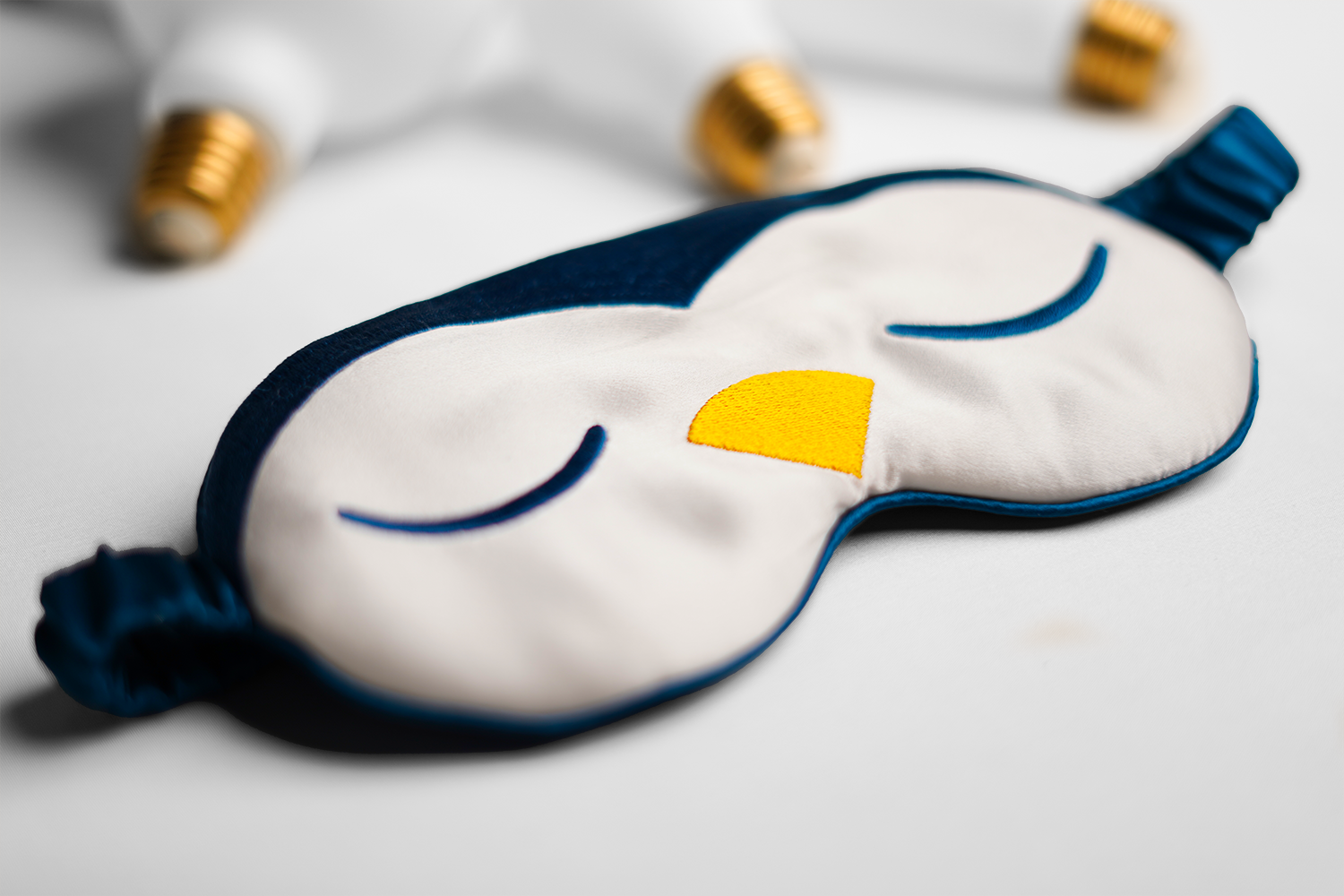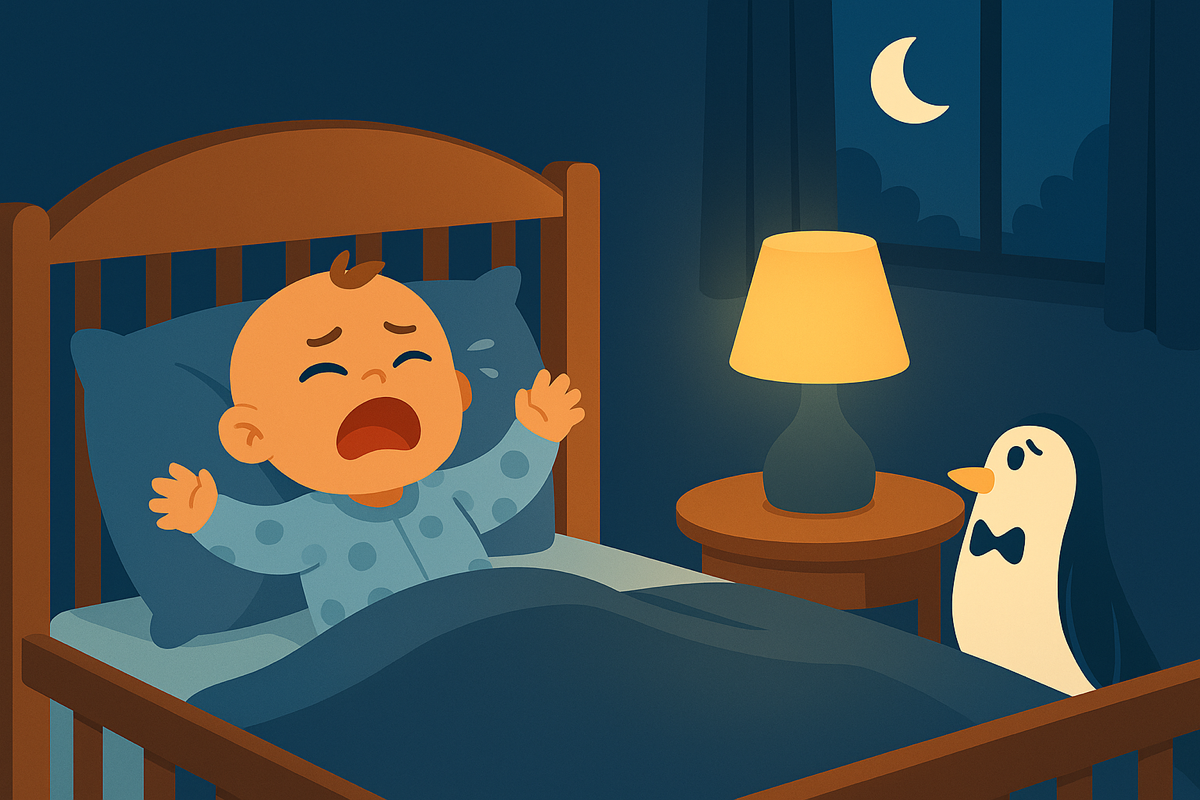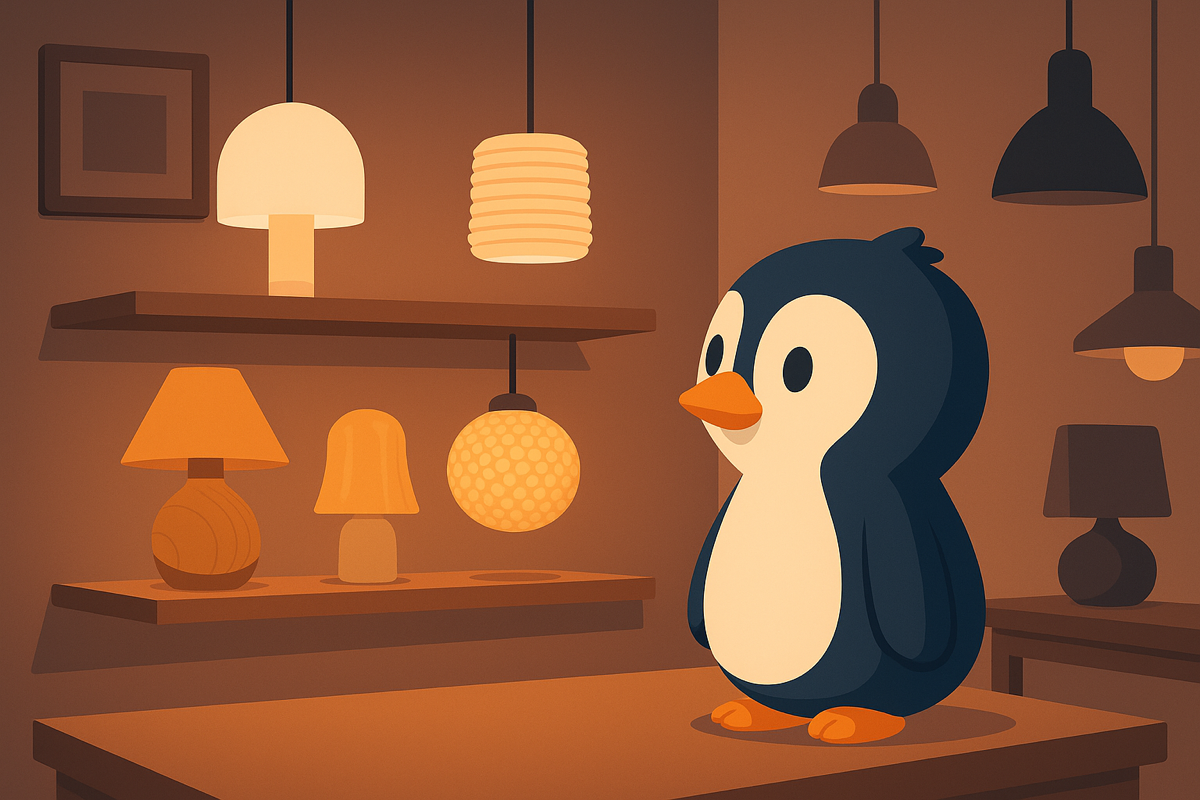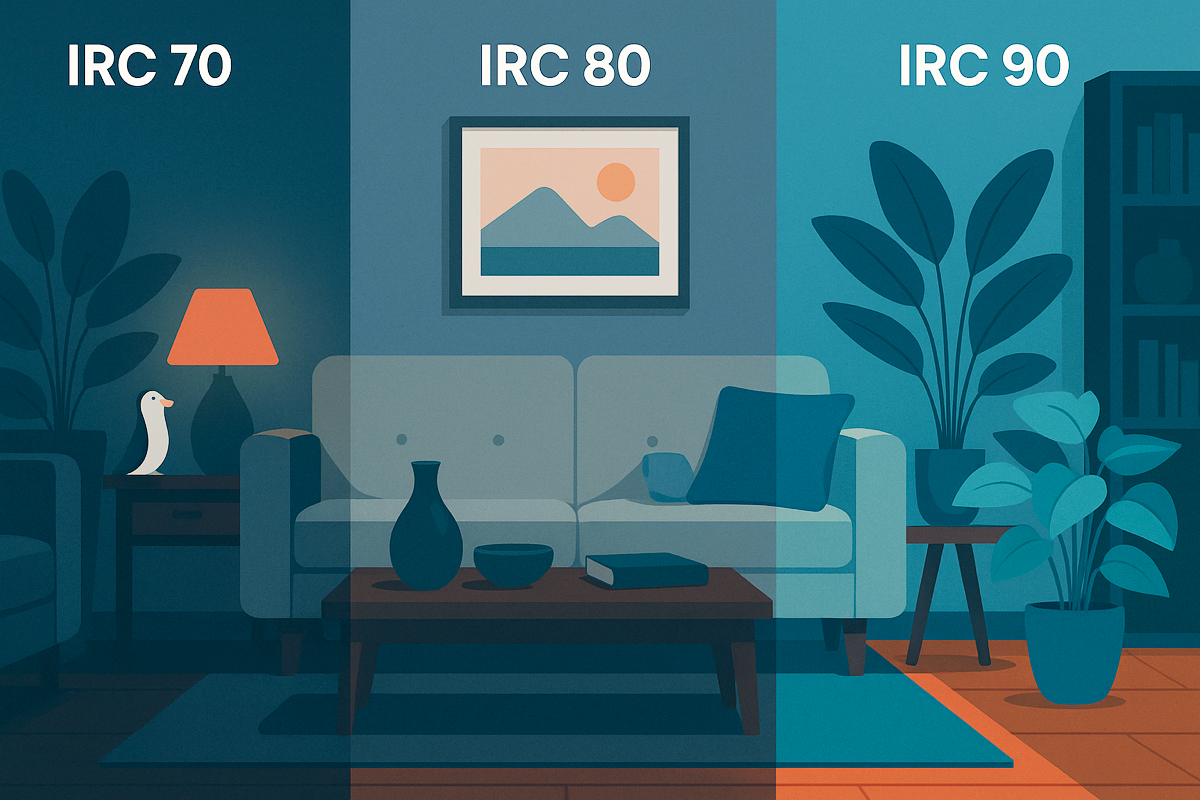Reading time: 6 minutes
In short:
Night waking in babies isn't an anomaly. They follow biological rhythms that are still developing. By better understanding these cycles and adapting their environment, especially lighting, we can really improve their sleep... and yours.
📌 Summary
Understanding Infant Sleep
At birth, babies don't yet have a circadian rhythm. They sleep in short cycles, often lasting 2 to 4 hours, spread over 24 hours. This is physiological: the brain doesn't yet know how to differentiate between day and night.
It takes an average of 3 to 6 months for the internal clock to begin to synchronize. And up to 1 year for sleep to become more stable. This development varies greatly from one child to another, and “full nights” are not always achieved at the same time.
What disturbs baby's nights
Teething, colic, growth spurts, or simply a change of environment can disrupt sleep. But some everyday elements are often overlooked.
Overly constant noise or a room that's too bright at night can make it difficult for babies to fall asleep. Conversely, complete darkness with no transition can frighten some babies. The challenge is to create gentle, recurring cues that reassure and gradually signal the night.
Why light plays a key role
Light is the main synchronizer of the biological clock. In babies, exposing their eyes to natural light during the day—and dimming it in the evening—accelerates the development of the day/night rhythm.
Lighting that's too cool or too bright in the evening inhibits melatonin secretion. Conversely, warm, soft light at the end of the day helps babies calm down. This is the basis of circadian lighting.
🎥 Watch our video: “Why light prevents you from sleeping”
How to restore balance?
Infant sleep can evolve more peacefully if the environment follows a natural logic. Here are the first steps to consider:
- Expose baby to daylight every morning, even through a window
- Avoid white LED lights after 5 p.m.
Laqi circadian bulbs automatically adjust to the time of day. When combined with a soothing routine, they create a reassuring and consistent framework for baby's nighttime.
💬 FAQ
At what age does a baby sleep through the night?
Between 3 and 12 months depending on the child. The rhythm gradually stabilizes.
Should I have a night light in my bedroom?
A warm, very soft light can help reassure. Avoid blue LEDs.
My baby sleeps well but wakes up early, is this normal?
Yes. Many babies are early risers. It's the rhythm that matters more than the time.
Sleep is built... day after day
Understanding your baby's rhythm, supporting them without pressure, and adapting your environment can transform nights for the entire household. Soft lighting, natural timing, and a little patience make all the difference.
